Astronomers Think They've Detected a 'Dark' Free-Floating Black Hole For the First Time
Astronomers at University of California - Berkeley think they've detected a 'dark' free-floating black hole for the first time.
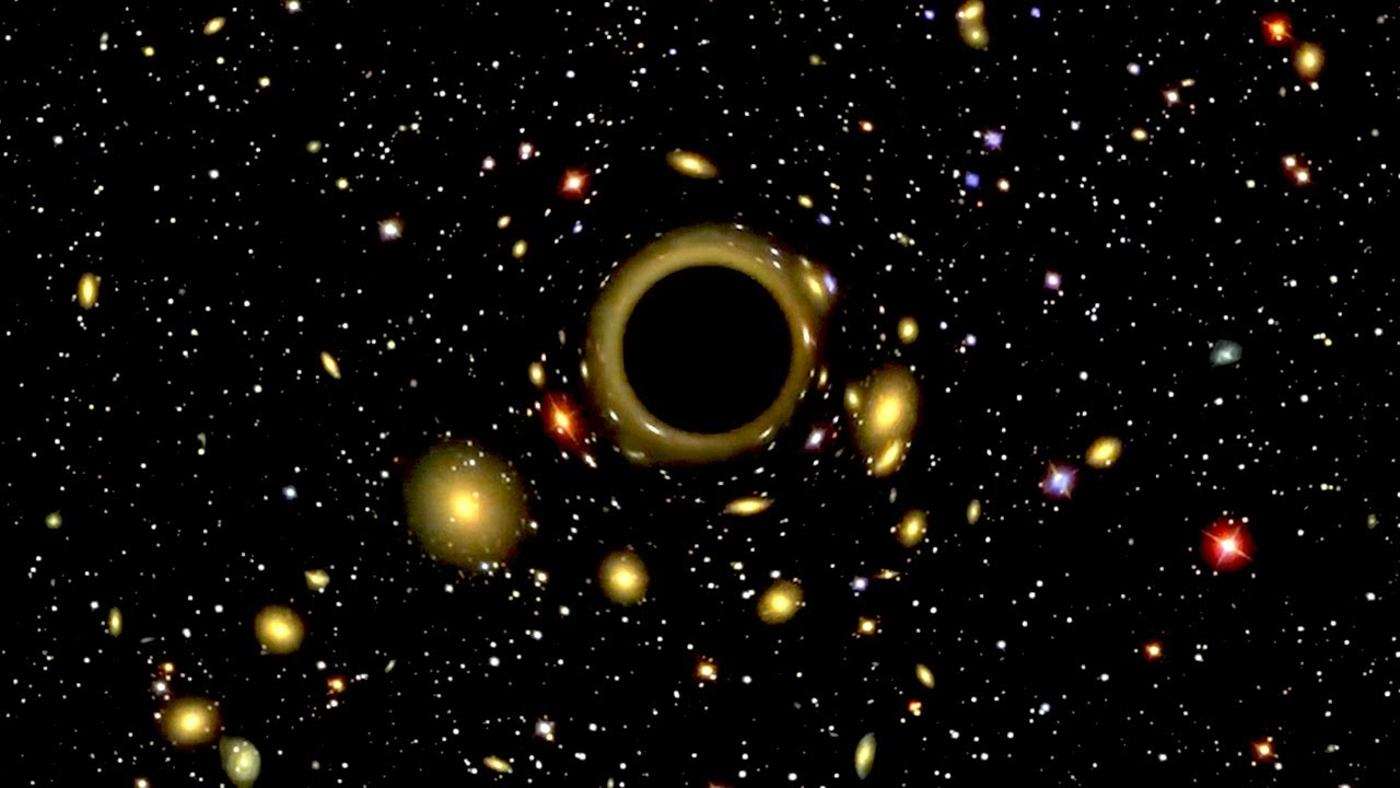
Astronomers at University of California - Berkeley think they've detected a 'dark' free-floating black hole for the first time.
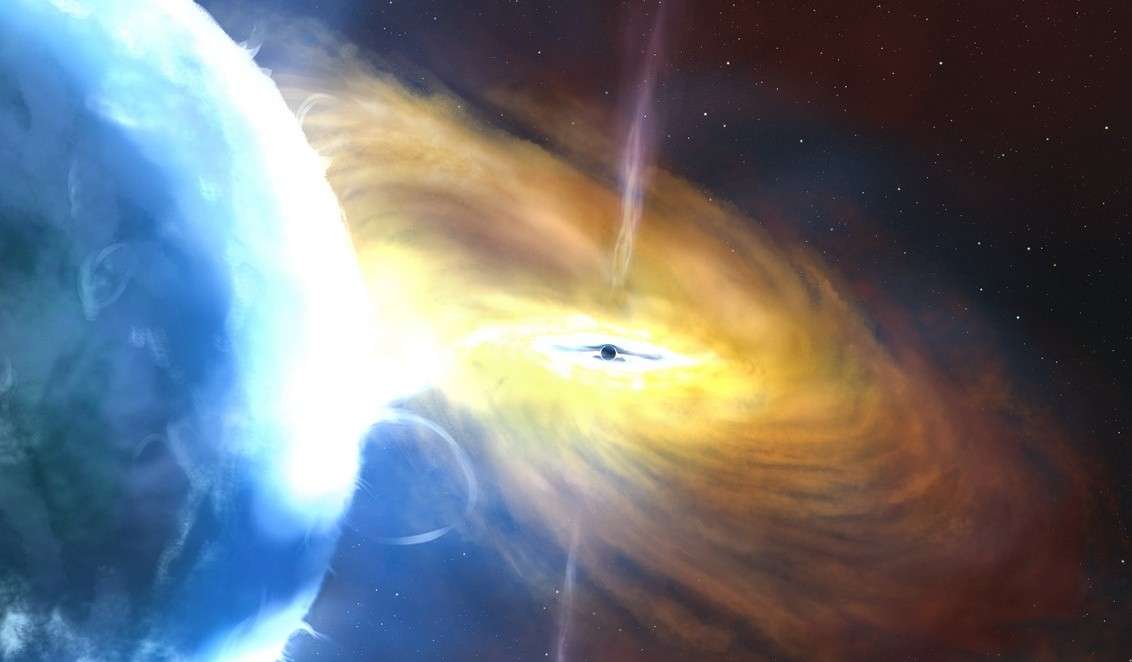
It was10 times brighter than any known supernova, and 3 times brighter than the most radiant tidal disruption event.
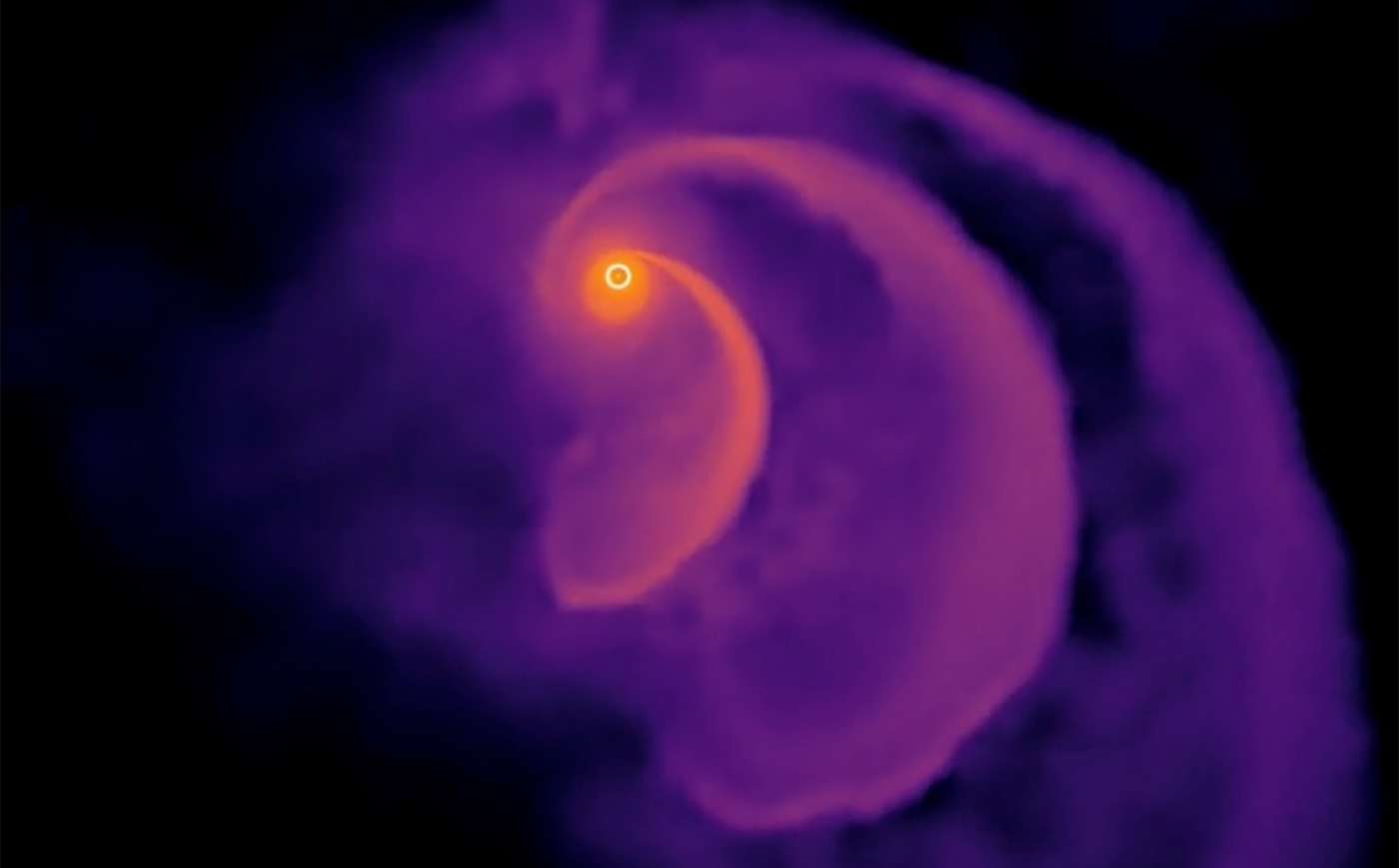
Black holes are a bit like a messy toddlers when they swallow up wayward stars-taking a few bites before flinging leftovers across the galaxy.
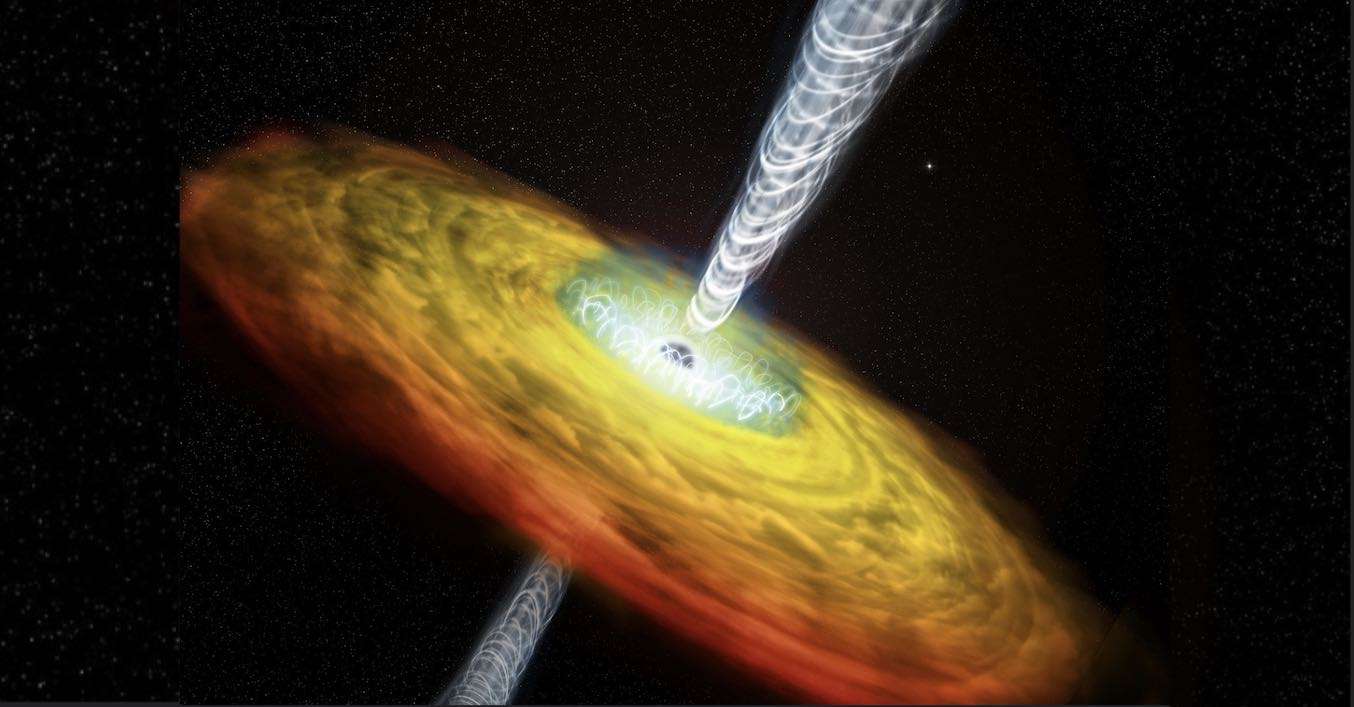
Scientists have unlocked one of the biggest mysteries of quasars - the brightest, most powerful objects in the Universe.
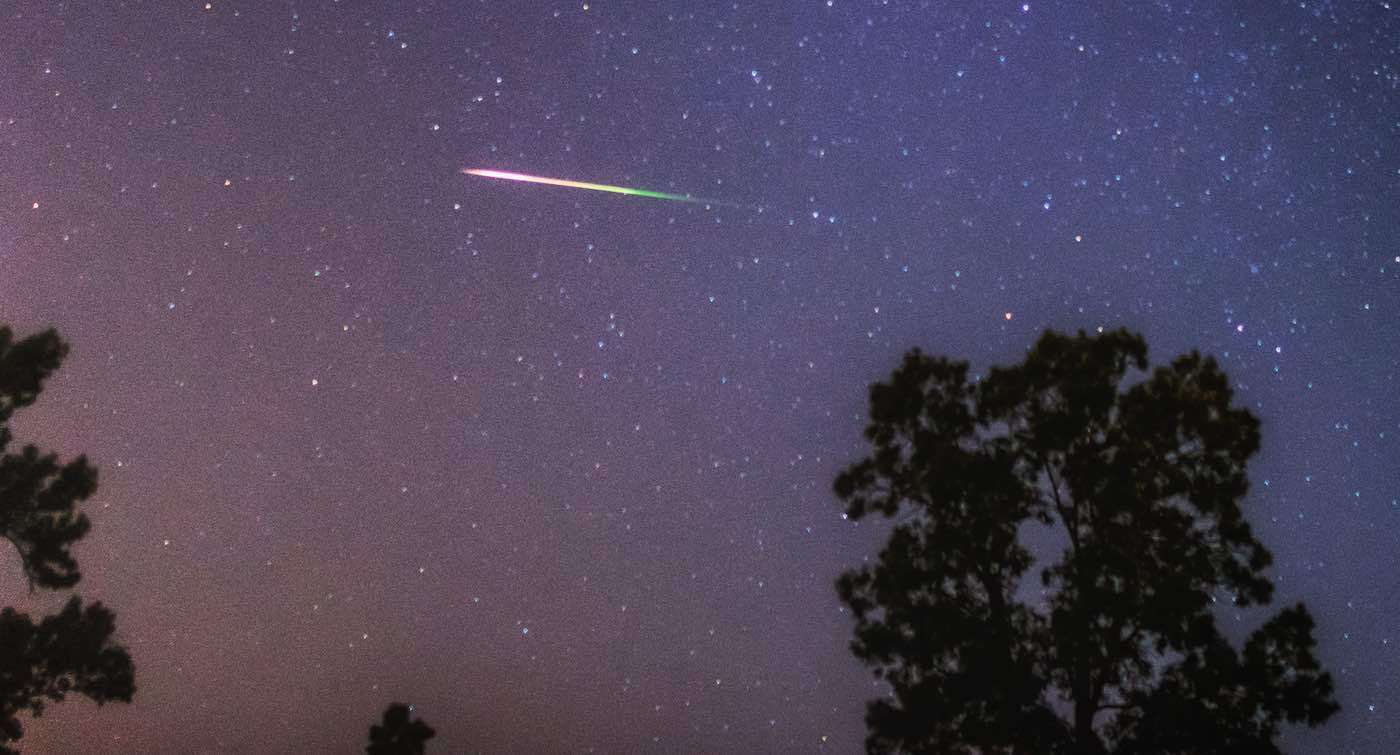
On the pre-dawn hours of May 7th, the Earth will pass through the Eta Aquariid Meteor Shower, when 40 meteors may be seen per hour.
The trail was so unusual that scientists originally dismissed it as the result of a malfunction, but follow-up spectroscopic observations it.
The "Green Monster" in the middle of the shot-an ode to Fenway Park in Boston, is something that scientists don't know what to make of.
The GRB was so bright, it effectively blinded the various instruments built to record them, including NASA's Fermi Gamma-Ray Space Telescope.
An astronomer discovered that Saturn's rings are changing the atmosphere-something that's never been seen before in our solar system.
Like the ancients naming constellations after the animals they resembled, scientists at ESA say they've found a galactic 'jellyfish.'
In these perpetual dawn/dusk zones, conditions would be perfect year-round for liquid water, and therefore life.
This cool animation shows how the gravity of intervening galaxy clusters and dark matter can lens the light from farther objects.
A kilonova is a very unique event in the galaxy since few things are as materially dense as a neutron star.
Quaoar is the third-largest dwarf planet or planetoid of the 3,000 that orbit the sun out beyond Neptune, and it's also ringed.
New data from James Webb has discovered five massive galaxies that formed just 500 million years after the Big Bang, the oldest yet.
A hair beyond 1 million miles from the center of the galaxy, these stars mark the end of the Milky Way as we know it.
A green comet has been dazzling astrophotographers, and its once-in-50,000 year passing of Earth on Feb 1st is not to be missed.
Between November 16th and 21st, one can see the height of this year's Leonid meteor shower and all seven planets in the night sky.
We're halfway through the month of March, and though the days are getting longer—these crisp, clear nights are still a perfect time for stargazing. What can you expect to see if you look up at the darkness over the coming weeks? So much, it turns out. Let's take a look at three celestial highlights that […]
The Eta Aquarid meteor shower will be hitting the night skies this week, here, at the beginning of May 2021.
Recent Stories
A Heartfelt Reminder to Appreciate the Ones We Love
Cherish the Woman Who Stands by You
Breaking Generational Cycles of Pain
Living by Your Own Values, Not Others' Approval
When Life Brings Rain, It’s Okay to Rest
Before You Judge Someone's Life, Take a Moment to Walk in Their Shoes.
A Friend Who Spreads Gossip is Not a True Friend at All
The Value of Human Connection Over Digital Convenience
The Quiet Kind of Love
One Day, Your Mom Won’t Call You Anymore
I’ve reached a point in my life...
Happiness is a mindset, a conscious choice we make every day